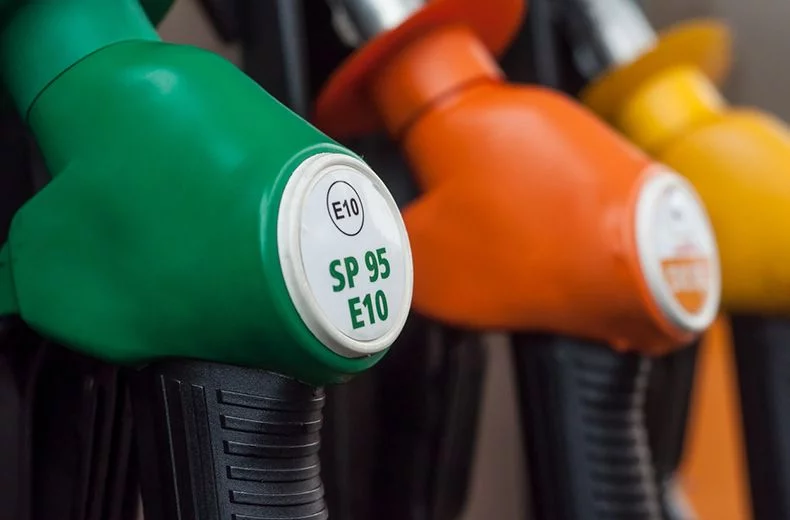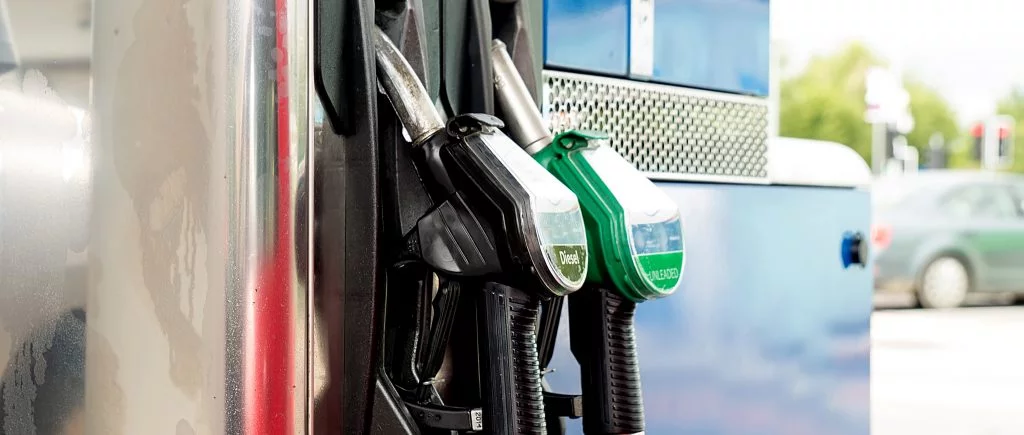Cheap Petrol vs. Premium Fuel: What’s Best for Your Car?
admin
July 29, 2024

One of the decisions you face as a car owner is the option between cheap petrol vs. premium fuel. Price is a significant factor for most drivers, but choosing the right fuel can also impact its performance and longevity. Let’s delve into the key questions surrounding the choice between cheap and premium petrol, as well as the debate surrounding E10 fuel.
Is it Worth Traveling to Get Cheaper Fuel?
The price difference between petrol stations can sometimes be substantial, leaving many drivers wondering if it’s worth traveling to get cheaper fuel. This depends on various factors, such as the distance it takes to reach a cheaper station and your car’s mpg. In general, driving long distances solely to save on fuel costs might negate the potential savings. However, if you have a cheaper petrol station conveniently located along your daily commute, it may be worth making the switch.
Is it Worth Paying More for Premium Petrol?
Premium petrol often comes with a higher price tag, leading drivers to question whether the extra cost is justified. Premium petrol typically has a higher octane rating, which can benefit certain high-performance engines. If your car’s manufacturer recommends or requires the use of premium fuel, it is essential to follow these guidelines to optimize your vehicle’s performance and efficiency. However, if your vehicle’s engine is not designed to take advantage of the higher octane, using premium petrol may not provide significant benefits over regular petrol.
Is Premium Petrol Better than E10?
E10 is a type of petrol blended with up to 10% ethanol. It is touted as a greener option, but its impact on engine performance/fuel efficiency is a subject of debate. E10 can be less energy-dense than regular petrol, which means it might lead to slightly reduced mileage. However, modern car engines are generally designed to handle E10 without any issues. On the other hand, premium petrol with its higher octane rating can enhance engine performance in specific vehicles, particularly those with high compression ratios or forced induction systems.
Does Premium Fuel Make a Difference?
Using premium fuel in a car designed to take advantage of its higher octane rating can alter it’s performance. Vehicles with turbocharged engines or high-performance sports cars may see improvements in acceleration, throttle response and overall power output when using premium petrol. However, for most regular, non-high-performance vehicles, the difference in performance may not be noticeable enough to justify the higher cost.
What happens if you put the wrong fuel into you car?
Putting the wrong fuel into your car can be a distressing and costly mistake. See our blog post here to find out what happens if you put the wrong fuel into your car.

The choice between cheap and premium petrol ultimately depends on your vehicle’s specifications and manufacturer recommendations. If your car requires premium fuel, it’s essential to use it for optimal performance. However, if your vehicle is designed to run on regular petrol or E10, there may be no significant advantage to using premium fuel.
When considering whether to travel for cheaper fuel, it’s vital to weigh the potential savings against the additional distance. In the end, striking the right balance between cost and performance is key to keeping your car running efficiently.
Tags :
Share This :

